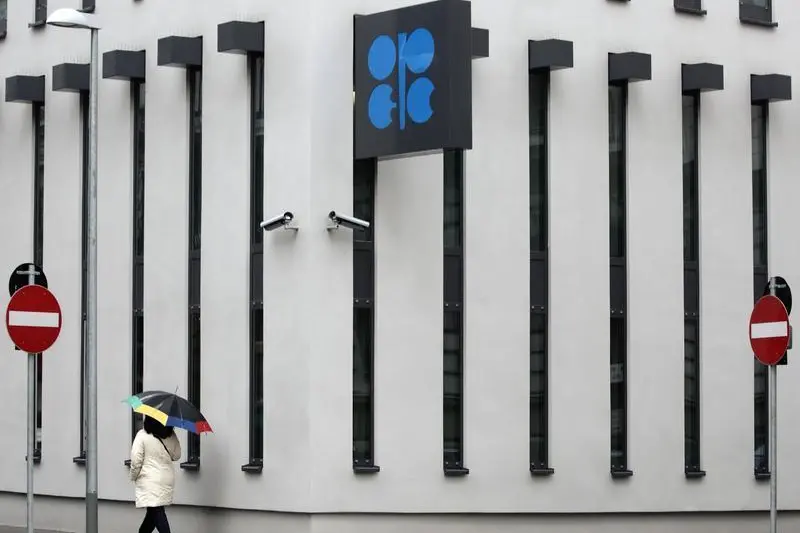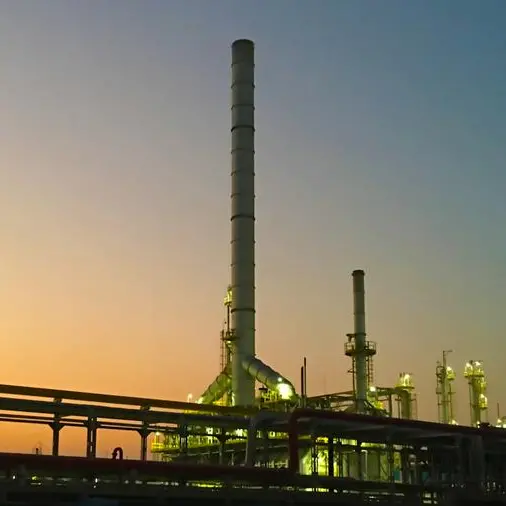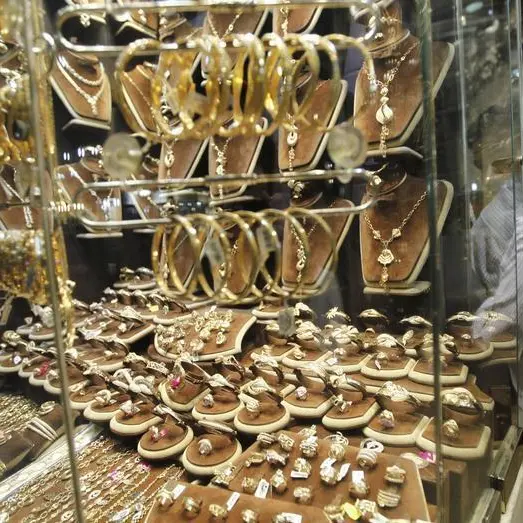PHOTO
OPEC+ is likely at its meeting on Thursday to extend its latest round of oil output cuts until the end of the first quarter, four OPEC+ sources told Reuters, to provide additional support for the oil market.
OPEC+, which pumps about half the world's oil, has been aiming to unwind output cuts through 2025. However, a slowdown in global demand and rising output outside the group pose hurdles to that plan and have weighed on prices.
"It is likely that this reduction will be extended for the first quarter," one of the sources told Reuters. All of the sources declined to be identified by name. Another source said the prospect of a longer, six-month extension was unlikely.
OPEC+, which groups the Organization of the Petroleum Exporting Countries and allies such as Russia, meets on Thursday to decide its output strategy.
Despite the group's supply cuts, global oil benchmark Brent crude has mostly stayed in a $70 to $80 per barrel range this year and on Tuesday was trading above $72 a barrel, having hit a 2024 low below $69 in September.
"The likelihood of another OPEC roll of cuts into the first quarter is all but priced in," said John Evans of oil broker PVM.
OPEC+ members are holding back 5.86 million barrels per day of output, or about 5.7% of global demand, in a series of steps agreed since 2022 to support the market.
An output hike of 180,000 bpd - a fraction of the total - was planned for January from the eight members involved in OPEC+'s most recent cuts of 2.2 million bpd. The hike has been delayed from October due to falling prices.
High-level talks within OPEC+ ahead of the meeting, which was earlier scheduled for Dec. 1, have focused on the length of a delay to the production hike, sources said.
Saudi Crown Prince Mohammed bin Salman flew to the United Arab Emirates, the Saudi state news agency said on Sunday, the first such visit in three years.
An issue that needs to be addressed is a 300,000 bpd output hike for the United Arab Emirates agreed in June that is scheduled to start in January 2025 and be phased in gradually. The UAE is keen for that to go ahead, the sources said.
Last week, Saudi Energy Minister Prince Abdulaziz bin Salman, de facto head of OPEC, had a phone call with Russian Deputy Prime Minister Alexander Novak and Kazakh Energy Minister Almasadam Satkaliyev while in Kazakhstan on an official visit.
Iraq, Saudi Arabia and Russia also held talks in Baghdad last week.
(Reporting by Alex Lawler, Olesya Astakhova, Vladimir Soldatkin and Ahmad Ghaddar; editing by Jonathan Oatis and Barbara Lewis)





















